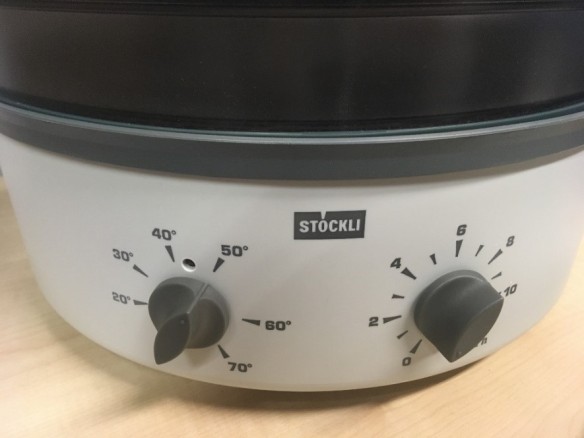Clients include Langham Archive https://www.allsouls.org/ and Walter Hayes Archive https://walterhayes.co.uk/acknowledgments/
Please contact cheryl@oxfordduplicationcentre.com or call our studio 01865 457000 to discuss your project.
motion film transfer | audio transfer | video transfer | optical transfer | photographic film transfer | book transfer | document transfer
Cassettes and reel to reel tapes (particularly the latter) can build up moisture over time, which damages and erodes the material, impairs the sound quality and makes for a poor transfer. This build-up of moisture cannot always be spotted on visual inspection, but playing the tape may give you some audio clues: these can include muffled or ‘watery’ sound, excessive wow and flutter etc. Basically if the audio sounds ‘wobbly’ or muffled, baking may be the solution.
Another problem that frequently occurs is ‘sticky shed syndrome’, where the binder holding the oxide in place on the tape surface begins to break down. In severe cases this oxide can literally powder off on your fingers and create an audible ‘squealing’ sound which can be heard both in the studio and on the recording. This last one in particular is more common with reels, but cassettes can be affected too. Either way, a spell in the oven will be necessary.
In the above example we see a cassette placed on one the trays inside the oven. There are three trays for the baking of multiple tapes. Place the deteriorating tapes in the oven and cover with the lid. The controls are very simple – set the timer for 8 hours and the temperature for 50 degrees.
The tape must be allowed to heat up and cool down naturally, so once the baking process has started.
Once the tape has been left to return to normal temperature, the theory goes that you’ll have a brief period of a few days to attempt another digitisation before the tape returns to its former state. The theory also goes that you have ONE CHANCE ONLY to digitise the tape once baking has been completed. It’s generally a good idea to adhere to these guidelines.
Thank you kindly to https://londonssoundheritage.wordpress.com/2019/04/03/sound-conservation-baking-cassettes/ for the valuable information that all archive companies adhere to when baking and converting audio magnetic tape.


Comments
Post a Comment